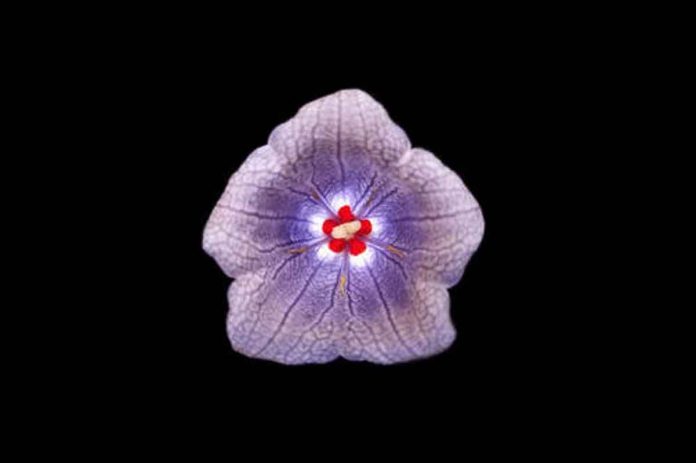There are only 70 plants that have secrete colored nectars. The colors lure in pollinators. This made scientists interested to search for natural colorant options.
Scientists from University of Minnesota have sorted out how plants produced distinctive red nectar. The study has been published in Proceedings of the National Academies of Sciences.
Nesocodon mauritianus is one such plant. It is popular to the island of Mauritius. Scientists identified two enzymes never described in plants before. They have compared Nesocodon mauritianus with another red nectar plant. They found out these two plants rely on the same compound. Scientists have named it nesocodin. They produce red nectar to attract their pollinators.
The industry relies on non-natural color additives. Red is a hard color to source for products like candy to clothing.
Scientists have created a synthetic red nectar with the knowledge of the biochemical and molecular mechanisms. Scientists also sought feedback from an expert in the form of geckos which are pollinators of Nesocodon mauritianus. The synthetic nectar passed the gecko test.
University of Minnesota scientists has applied for a patent for the process for synthesizing nesocodin. This study has set the groundwork for continuing research efforts.
Nesocodon is a monotypic genus flowering plant in the Campanulaceae family. Nesocodon mauritianus, formerly known as Wahlenbergia mauritiana, is the only species found on the island of Mauritius.
It is the world’s first red-colored nectar-producing plant, and it is pollinated by birds. It is robbed of its nectar by the red-whiskered bulbul (Pycnonotus jocosus).
It’s similar to Heterochaenia from the Mascarene Islands, but instead of panicles of flowers, it contains solitary blooms.

